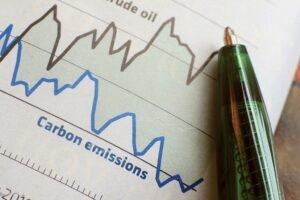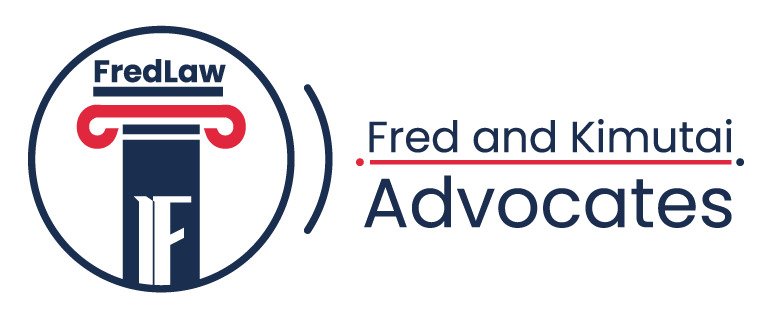There is no national legislation in Kenya specifically regulating carbon credits or carbon trading or directly and explicitly dealing with carbon credits and carbon trading.

In the absence such legislation, Carbon trading in Kenya is regulated by international law and treaties courtesy of Article 2 of the Constitution of Kenya, 2010 and enabled by various national legislations and policies supporting mitigation of the effects of climate change. Article 2 of the Constitution of Kenya provides that the general rules of international law and any treaty and convention ratified by Kenya shall form part of the Laws of Kenya.
The Kyoto Protocol provides the legal basis in international law and by extension in Kenya for carbon trading as a means of reducing greenhouse gas (GHG) emissions.
The Protocol establishes various mechanisms for carbon trading/transfer including the Clean Development Mechanism (available under the compliance market) established under Article 12 of the Protocol, the Joint Implementation mechanism established under Article 6 and International Emissions Trading.

The mechanisms available for carbon trading in Kenya include the Clean Development Mechanism under Article, 12 of the Protocol and the Voluntary Carbon Market.
The Clean Development Mechanism is regulated by international authorities and used in state projects aimed at achieving the Nationally Determined Contribution (NDC) whereas the Voluntary Carbon Market is used by private actors to reduce their GHG emissions, or to earn carbon finance or for reasons of social corporate responsibility. In the Voluntary Carbon Market, credits are issued in the form of Verified Carbon Credits using Verified Carbon Standards.
The Kyoto Protocol provides the legal basis in international law and by extension in Kenya for carbon trading as a means of reducing greenhouse gas (GHG) emissions.
The Kenya Directorate of Climate Change is however currently formulating regulations and policies (to comply with Article 6 of the Paris Agreement) that will streamline the process of carbon trading including regulating registration of carbon trading actors and projects, setting modalities of revenue sharing between the State and the actors and setting annual targets of carbon reductions for the actors.


